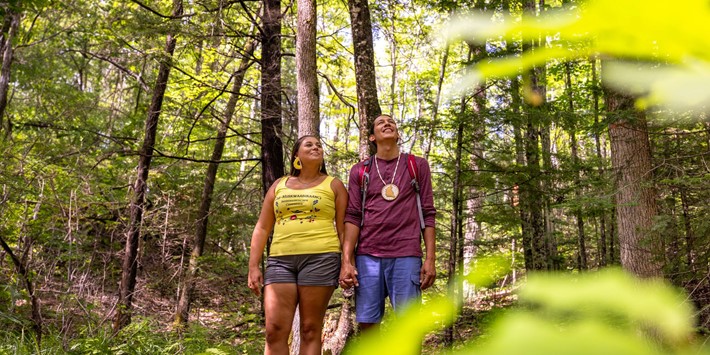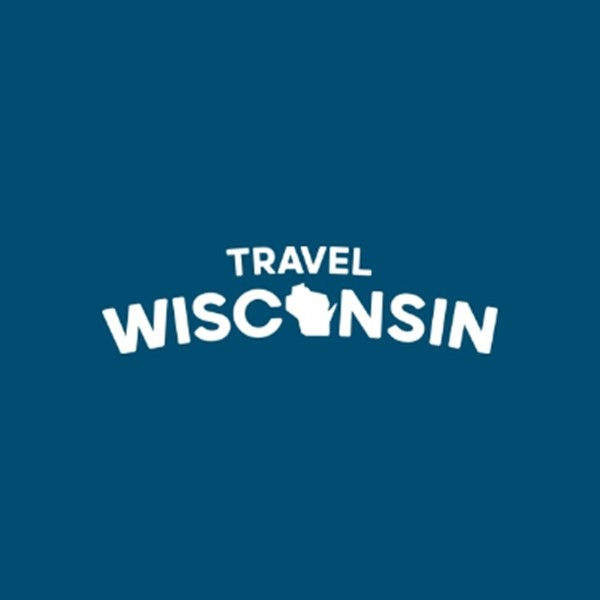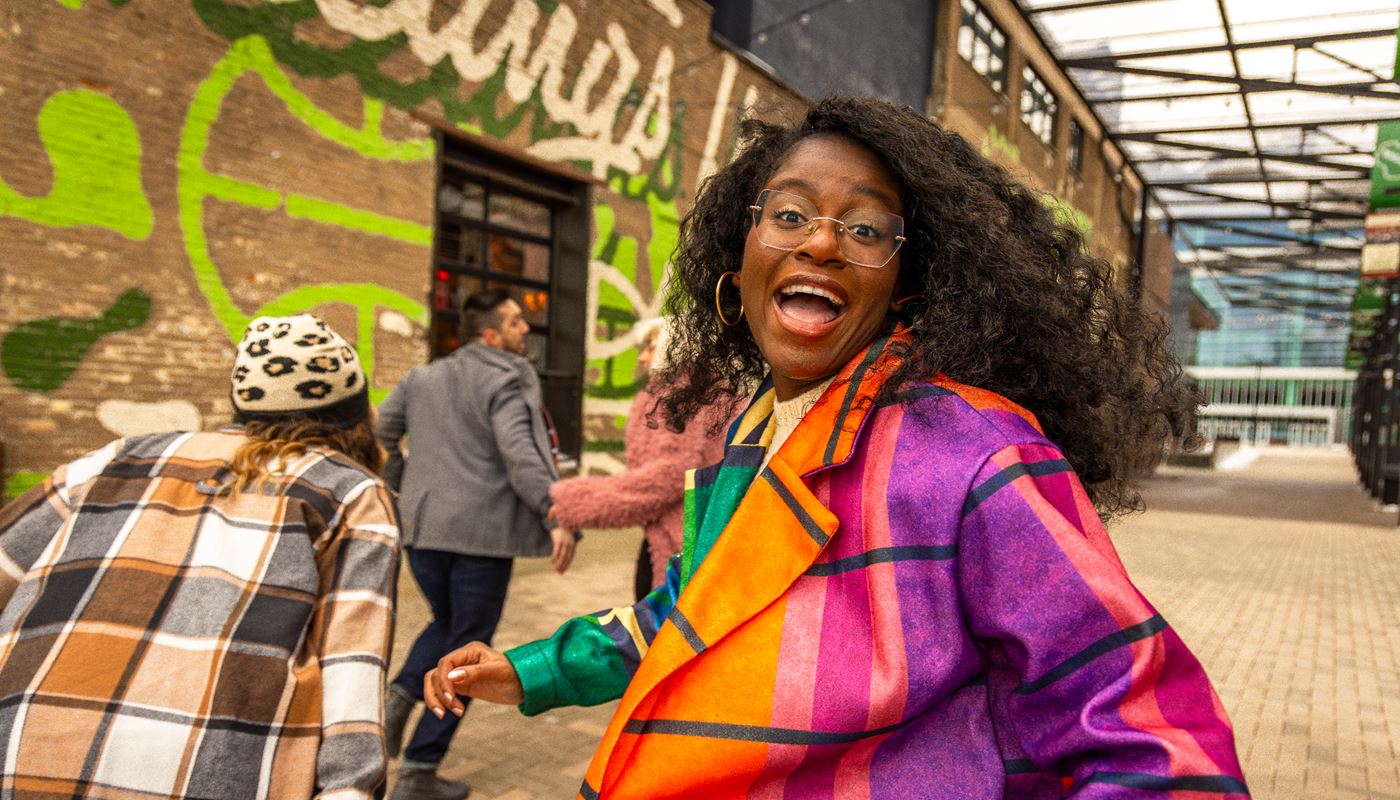
5 Reasons Why Earth Day is a Wisconsin Thing
Did you know that Earth Day originated in Wisconsin? It sure did! Thanks to politicians, environmental groups, activists and Indigenous peoples of our state, we also have bountiful gorgeous nature preserves and parks.
Here are five ways your travels in Wisconsin’s natural beauty – including over half a million acres of state forests and parks – connect to these legacies.
1. A Wisconsin senator made Earth Day official over 50 years ago.
Earth Day was founded by Wisconsin Senator Gaylord Nelson, who spearheaded efforts for a national day that focused on environmentalism.
Designated a national day in 1970, Earth Day was adopted globally in 1990. Nelson might have never imagined that now, about 1 billion people take part in Earth Day activities worldwide. Each year, Wisconsin holds its own Earth Day activities throughout April.
Travel ideas:
-
Take a road trip along the Wisconsin Lake Superior Scenic Byway and stop at the Gaylord Nelson Wilderness Area on the Apostle Islands National Lakeshore.
-
Spend a day at Gov. Nelson State Park just outside of Madison.
2. Plastics recycling was invented by a Wisconsin woman, and that’s as Earth Day as it gets.
You may not have heard of Milly Zantow, but you’re probably familiar with her invention. The Sauk City native pioneered the plastics recycling movement,
She invented the numbered-triangle system used for identifying different kinds of plastic. We have Zantow to thank for cultivating a better way to recycle, which is a great reminder to reduce plastic consumption whenever possible.
Travel to areas in Sauk County:
-
Discover Wisconsin's largest state park: Devil's Lake.
-
Camp along the Wisconsin River.
- Hike rail-to-trail on the Great Sauk State Trail.
3. Environmentalist John Muir found inspiration in his Wisconsin farming roots.
After immigrating from Scotland, John Muir’s father built their family farm outside the closest existing city, Portage.
Muir, who would later come to be known as the “Father of the National Parks", spent his childhood years doing chores on the farm and enjoying the surrounding nature. He later said his time in Wisconsin influenced his writing.
Today, you can visit Fountain Lake Farm, a National Historic Landmark in Montello, also known as the Wisconsin Farm Home of John Muir.
Travel to nature areas near Portage and Columbia County:
-
Head to Muir Park State Natural Area to visit Fountain Lake Farm. Try a peaceful kayak on Lake Ennis with friends, or hike the Ice Age Trail that circles the lake.
-
Catch incredible views at Gibraltar Rock State Natural Area.
-
Discover untouched natural areas with family at Pine Island State Wildlife Area and Swan Lake Wildlife Area.
4. Native people in Wisconsin are the original purveyors of what Earth Day is all about.
Earth Day reminds us to honor and care for nature — and Native American Tribes in Wisconsin have always been the foremost proponents of Earth preservation and sustainable agriculture. Today, we enjoy many foods preserved by the Tribes. In fact, the Bad River Band of Lake Superior Chippewa reservation, located in Northern Wisconsin, has the only remaining extensive coastal wild rice marsh in the Great Lakes Region.
Surrounding communities and travelers are often invited to celebrate the yearly harvest of Native foods such as wild rice and white corn.
Travel to Native spots:
-
Oneida Nation: The Tsyunhehkwa (pronounced June-hey-kwa) Farm for the Oneida Nation of Wisconsin does a white corn hand harvest event each fall called A Harvest and Husking Bee—watch their social media for upcoming dates. The Oneida Nation Apple Orchard is another great spot for experiencing fall color and tasty produce with family.
-
Show your support and discover one-of-a-kind products at these Native American Businesses and Attractions in Wisconsin.
5. Aldo Leopold’s legacy of wildlife preservation has deep connections to Wisconsin.
Often considered the “Father of Wildlife Ecology,” Aldo Leopold was a founder of the science of wildlife management. Leopold was a professor at the University of Wisconsin-Madison and spent many weekends at his beloved “shack” just outside of Baraboo where he and his family restored the land. Today, several special natural places in Wisconsin bear his name.
Leopold-inspired places to visit:
-
Tour Leopold’s “shack” and hike the restored prairies and oak savannas at the Aldo Leopold Foundation.
-
Hike, bike and experience nature on the Aldo Leopold Legacy Trail System, a system of 44 state trails that cover over 1,700 miles.
- Have a nature experience with the whole family at the Aldo Leopold Nature Center.
To celebrate Earth Day the Wisconsin way, hike, bike, canoe, kayak, camp, bird watch, climb, picnic or forage in a Wisconsin State Park or Forest for a memorable outing with friends and family.
Ready for refreshing outdoor fun? Check trail conditions and know before you go with the Wisconsin Trail Report.










